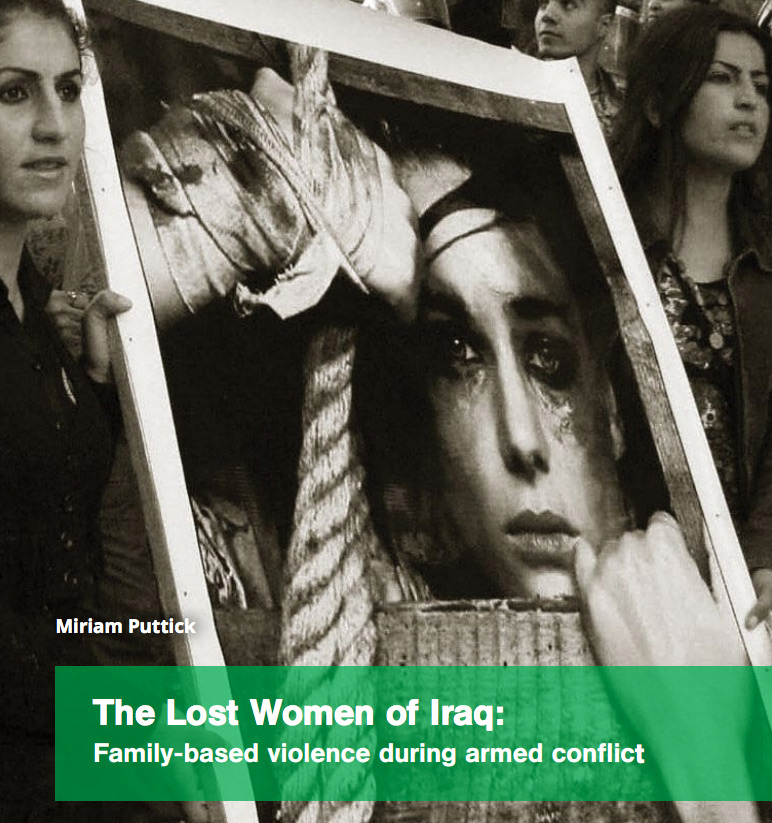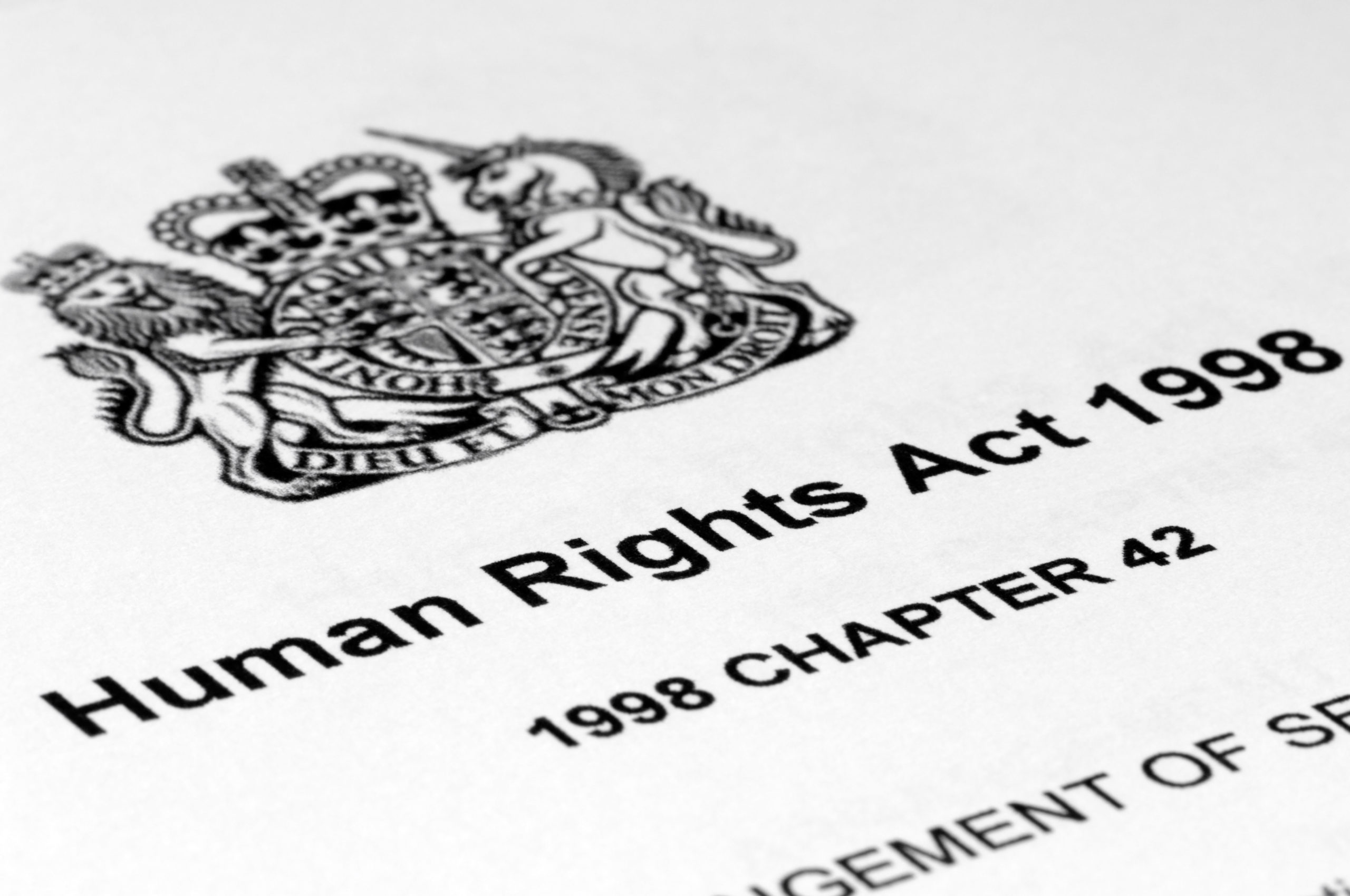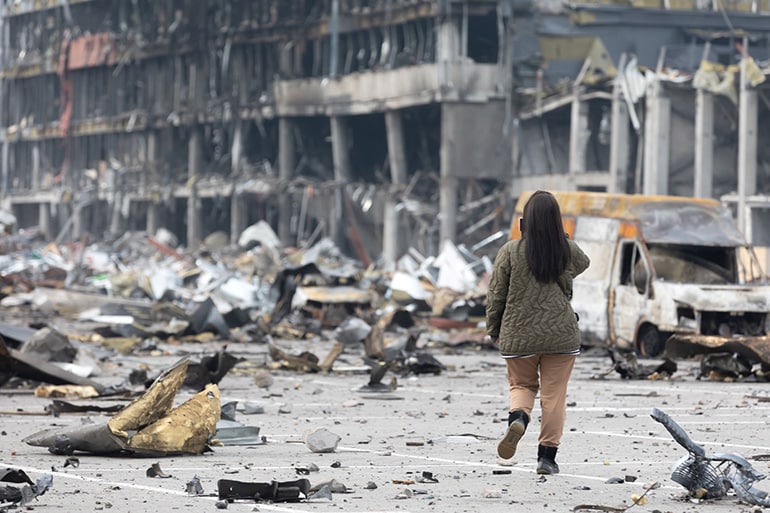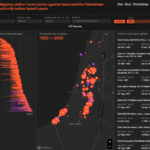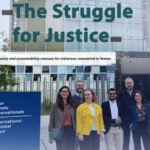Women have paid a heavy price for the breakdown of law and order in Iraq. Decades of conflict, the revival of tribal customs, the eruption of sectarianism and the strengthening of patriarchal religious attitudes have meant that Iraq has seen an increase in forms of family-based violence that are otherwise generally on the decline in the Middle East. Violence inside the home has increased along with violence in the street.
November 2015
PDF of report: The Lost Women of Iraq: Family-based violence during armed conflict
Women have paid a heavy price for the breakdown of law and order in Iraq. Decades of conflict, the revival of tribal customs, the eruption of sectarianism and the strengthening of patriarchal religious attitudes have meant that Iraq has seen an increase in forms of family-based violence that are otherwise generally on the decline in the Middle East. Violence inside the home has increased along with violence in the street.
Based on extensive primary research conducted in partnership with ASUDA Organization for Combating Violence against Women in Iraq, the report details:
- an epidemic of thousands of cases of family-based violence against women, including hundreds of cases every year in which women are burnt alive;
- increasing rates of forced and underage marriage, including large numbers of girls married under the age of 14 and some as young as ten;
- a revival of the practice of fasliyya, in which women are bartered as a means of resolving tribal disputes;
- the persistence of high rates of female genital mutilation, particularly in rural areas and in the north of Iraq;
- the widespread acceptance in Iraqi society of the murder of women who are perceived to bring ‘dishonour’ to their families, leading to the perpetrators of ‘honour’ crimes routinely escaping justice.
Attempts to seek redress in cases of violence against women are undermined by a weak and ineffective judicial system and outdated laws that excuse or legitimize attacks against women. Perpetrators are often acquitted or given mild sentences for grievous crimes against women, even in the face of clear evidence. However, the large majority of cases never make it to court. In Iraq, violence against women in the home is considered a private matter and strong cultural taboos prevent victims from speaking out.
This report covers forms of violence against women in Iraq which are primarily perpetrated by family members. It complements a previous Ceasefire report, No Place to Turn: Violence against women in Iraq’s conflict, which detailed forms of violence perpetrated directly by security forces, militias or other armed groups.
In the face of the ongoing military campaign against the Islamic State of Iraq and Al-Sham (ISIS), the state of women’s rights thoughout the country is being ignored. However, improving respect for women’s rights cannot be postponed until the conflict is over. The federal government of Iraq and the Kurdistan Regional Government (KRG), supported by the international commuity, should undertake urgent legal and social reform to ensure that victims of violence do not continue to suffer in silence.
This report recommends:
- Repealing provisions of the Iraqi Penal Code which grant husbands the right to discipline their wives, which absolve perpetrators of rape from punishment if they marry their victims, and which allow for greatly reduced sentences for murder and other crimes committed in the name of ‘honour’;
- Passing a comprehensive anti-domestic violence law and establishing a system of shelters for women fleeing violence or forced marriage;
- Initiating proper investigations into all violent deaths and reported suicides of women; and promoting the collection of comprehensive and reliable statistics on the prevalence of violence against women.

